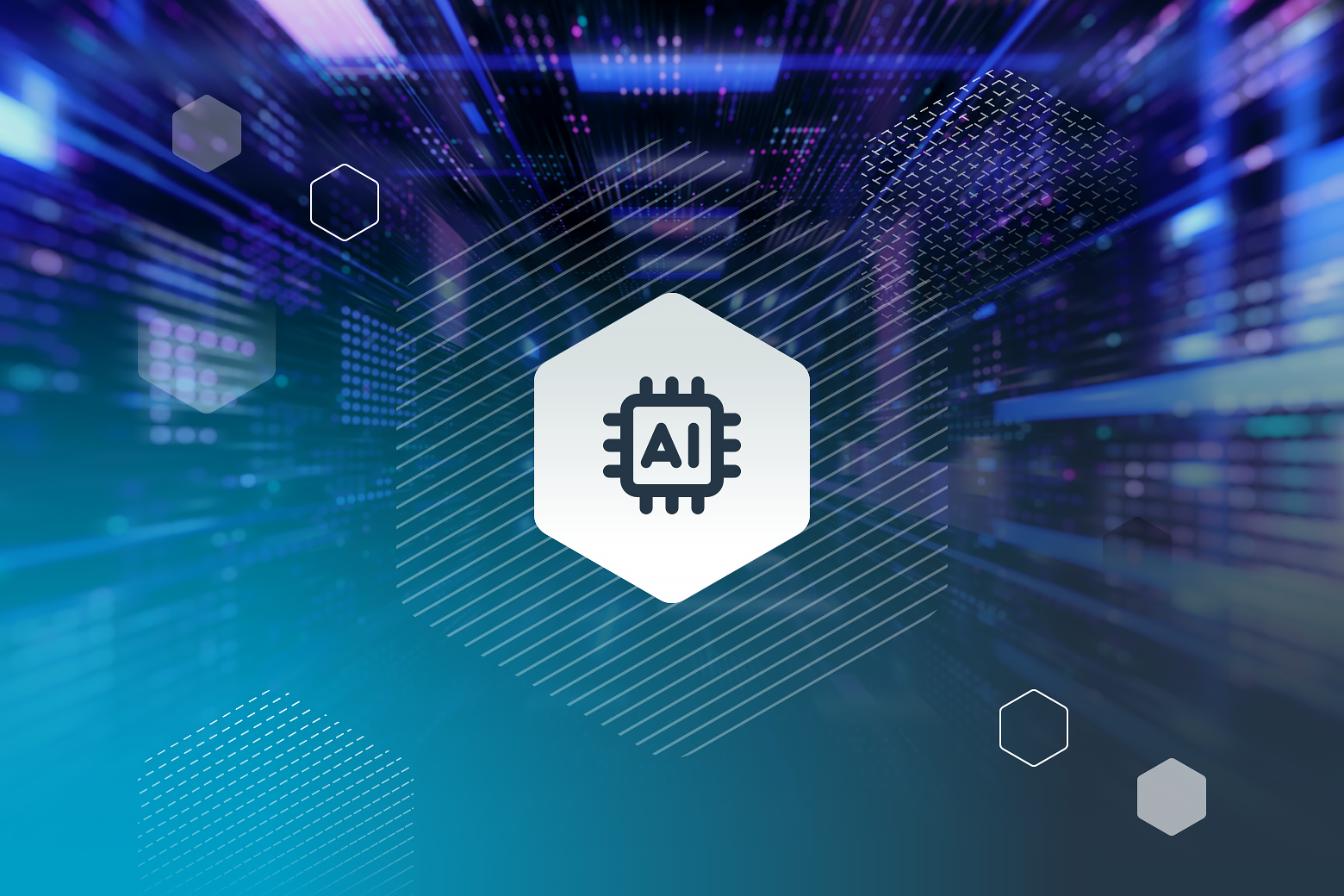Artificial intelligence at the heart of LuxSE’s digital transformation

Artificial Intelligence (AI) has grown exponentially in recent years, bringing transformative developments across industries and reshaping a wide range of business processes. Today, AI integration is a cornerstone for increasing efficiency, leveraging new opportunities and reducing costs – so much so that the International Monetary Fund (IMF) predicts that close to 40% of jobs across the world could soon be affected by AI technologies.
Initially, the tool was exclusively focused on sustainable finance, housing thousands of relevant documents within its chat system. However, regular feedback from teams across the exchange has helped us pinpoint areas for improvement, and we are now working to expand Speak AI into a suite of specialised assistants, allowing users to select the AI assistant best suited to their specific needs. This added flexibility, which is set to cover areas such as human resources, traditional finance and compliance, will enhance our capacity to provide tailored responses while also preserving the attributes that have made Speak AI successful so far.
The manual extraction of data is currently a time-consuming process that is more prone to human error. The automation of this process with AI could potentially free up resources for more strategic, human-driven tasks while also enhancing the quality and quantity of the data points that we provide. If our findings confirm AI's value in this field, we plan to implement this functionality in 2025, marking a critical step towards more efficient and accurate data management.
Ultimately, the seamless implementation of AI in a business environment depends on several key factors, starting with robust change management. This involves clearly communicating AI's potential benefits, offering comprehensive training to equip employees with essential skills, and fostering enthusiasm for AI-powered tools. By nurturing a culture of innovation and encouraging active collaboration between people and technology, organisations can empower their teams, increase adaptability and drive sustainable success. This approach not only prepares organisations to meet the challenges of an AI-driven future, but also positions them to fully leverage AI's transformative potential for growth and competitive advantage.
This article was originally published on Techsense in French
Speak AI: a landmark AI initiative for the Luxembourg Stock Exchange
At the Luxembourg Stock Exchange (LuxSE), AI has been integral to our digital transformation strategy. In September 2023, we introduced Speak AI, a language model based on OpenAI, to give all employees a secure and accessible introduction to the world of AI.Initially, the tool was exclusively focused on sustainable finance, housing thousands of relevant documents within its chat system. However, regular feedback from teams across the exchange has helped us pinpoint areas for improvement, and we are now working to expand Speak AI into a suite of specialised assistants, allowing users to select the AI assistant best suited to their specific needs. This added flexibility, which is set to cover areas such as human resources, traditional finance and compliance, will enhance our capacity to provide tailored responses while also preserving the attributes that have made Speak AI successful so far.
Automated data extraction
In parallel, we are conducting a comprehensive study to assess AI’s potential for automating data extraction processes, with particular focus on the LGX DataHub, our sustainable bond database that includes comprehensive and granular data on over 17,000 sustainable bonds.The manual extraction of data is currently a time-consuming process that is more prone to human error. The automation of this process with AI could potentially free up resources for more strategic, human-driven tasks while also enhancing the quality and quantity of the data points that we provide. If our findings confirm AI's value in this field, we plan to implement this functionality in 2025, marking a critical step towards more efficient and accurate data management.
AI-powered code modernisation
Additionally, we are investigating the potential of AI to enhance the productivity of our development teams, particularly in relation to code management and optimisation. This project encompasses a number of key areas, including code generation, refinement, migration, documentation and unit testing. Obviously, the objective is not to replace our developers, but rather to free up resources, enhance their efficiency and enable them to focus on more valuable tasks that require human intervention.Employee engagement and change management
As part of our digital transformation, we have also launched a comprehensive, company-wide training programme to help our employees meet the challenges and leverage the opportunities presented by AI. This two-year initiative, which has seen all our employees take part in a series of structured training sessions, reflects our commitment to fostering a culture of continuous learning and development. We encourage our employees to take full advantage of these opportunities to stay at the forefront of technological innovation, and develop new skills while actively contributing to strengthening LuxSE's competitive edge.Navigating AI deployment and data security
There is no doubt that AI offers significant advantages in the workplace, from automating repetitive tasks to freeing up resources for more strategic activities. However, the successful implementation of AI tools also presents certain challenges, particularly in relation to data security. On the one hand, it is essential to protect sensitive information through strict access policies and robust authentication controls. On the other hand, it is equally important to raise user awareness of the potential risks, biases and ethical concerns associated with the use of AI. Finally, data quality is also a key consideration when deploying AI-based tools; maintaining reliable models demands correcting inconsistencies and errors, supported by strong data governance and rigorous validation processes.Ultimately, the seamless implementation of AI in a business environment depends on several key factors, starting with robust change management. This involves clearly communicating AI's potential benefits, offering comprehensive training to equip employees with essential skills, and fostering enthusiasm for AI-powered tools. By nurturing a culture of innovation and encouraging active collaboration between people and technology, organisations can empower their teams, increase adaptability and drive sustainable success. This approach not only prepares organisations to meet the challenges of an AI-driven future, but also positions them to fully leverage AI's transformative potential for growth and competitive advantage.
This article was originally published on Techsense in French
